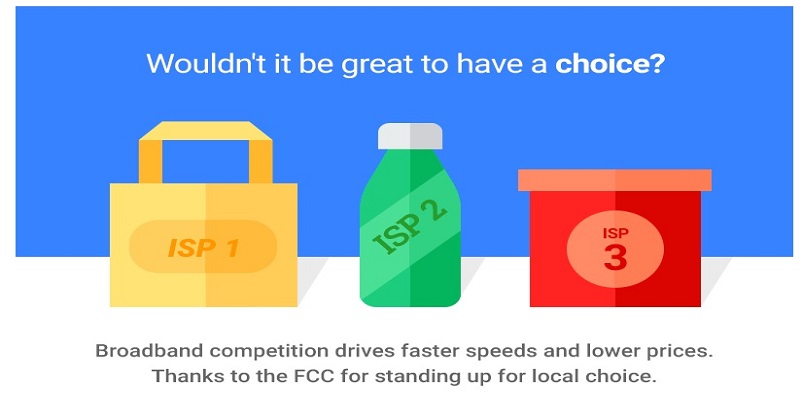Lots of people will tell you they’re fed up with work due to the pandemic. Why do something that makes you miserable for the rest of your life? It is possible to change careers right now but you’ll need a little money.
Unless you invest in your new career, you might end up in the same kind of job you already have. It’s why everyone should seriously consider taking out a loan. Here are some jobs you’ll be able to start after training.
Drive A Truck Long Distance
Even if you’re in a tough financial position at the moment, you can get a truck driver’s license. Just find a company that deals with the responsible lending of bad credit loans and you’ll have a much better chance of being approved.
Once you get your truck driver’s license it’s easy to find a job because North America is desperate for drivers. Would you enjoy making deliveries all over the country? It’s perfect if you love driving and lots of freedom.
Operate A Forklift In A Yard
If you don’t want to drive long distances, it’s still possible to use your loan to get a license. How would you feel about operating a forklift in a yard? You’ll spend all day picking things up and carrying them around.
When you check the loan calculator of money lending websites, it’s clear to see you’ll make enough money to pay everything back within a few months. There are even opportunities to work with bigger machinery in the future.
Becoming A Personal Trainer
Even though it’s easy to become a personal trainer you will need a certification. It doesn’t matter if you’ve spent the last decade in the gym. If you don’t have a certification you won’t get insurance and a client could sue you.
It’s great if you like working out because you’ll be able to train people in their homes. A great way to spend winter when it’s cold. If you find it easy to get clients you’ll be able to pay back a loan fast.
Learn How To Code At A Camp
I’m sure you’ve heard it’s possible to get a great job once you know how to code. If you don’t want to study at college, you’ll be able to attend a code camp. It’s somewhere you’ll learn everything you need to get a job.
Code camps are also good because you get to network with other people with similar interests. It makes it easier to find a job. If you want to pay back the loan quicker, start freelancing at night while you’re at the camp.
Teach People To Speak English
Even if you live in English-speaking countries it’s possible to get a job teaching people English. If you want to teach English you will need a TEFL certificate to get started, but you might not need a college degree.
One of the reasons why it’s a great career is because you’ll be able to teach all over the world when you feel like traveling. Would you enjoy teaching in South Korea, China, or Brazil somewhere down the line?
It’s Worth Getting A Loan
If you can find a career where it’s easy to find a job, the loan isn’t going to be a problem. You’ll be able to start working in a new industry within weeks or months.

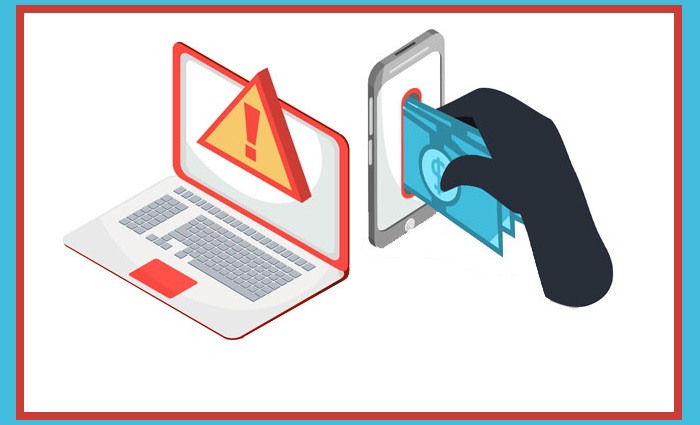


 Trade networks, however, were not durable. The contributors discuss the establishment and decline of great trading network systems, and how they related to the expansion of civilization, and to different forms of social and economic exploitation. Case studies focus on local conditions as well as global networks until sixteenth century when the whole globe was finally connected by trade.
Trade networks, however, were not durable. The contributors discuss the establishment and decline of great trading network systems, and how they related to the expansion of civilization, and to different forms of social and economic exploitation. Case studies focus on local conditions as well as global networks until sixteenth century when the whole globe was finally connected by trade.
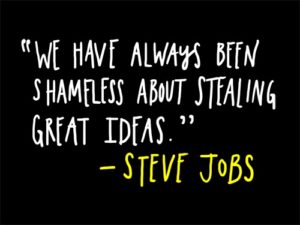 This concern, of course, is not unique and strikes at the heart of something that all those in creative professions fear and must face. The ownership of ideas is difficult to prove. If you tell someone your plan in confidence and they, in turn, use it for their own purposes, there is very little you can do to show that you are the originator. Spreading this rumor is likely to make you look like the bad guy. It’s no wonder that this sort of generosity is cause for concern.
This concern, of course, is not unique and strikes at the heart of something that all those in creative professions fear and must face. The ownership of ideas is difficult to prove. If you tell someone your plan in confidence and they, in turn, use it for their own purposes, there is very little you can do to show that you are the originator. Spreading this rumor is likely to make you look like the bad guy. It’s no wonder that this sort of generosity is cause for concern.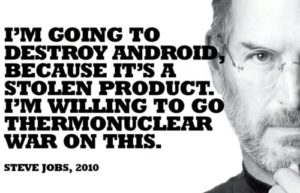 But what about sharing your networks or some trade secrets that helped you get to where you are today? While you may have worked tooth and nail for everything you’ve gained, there were surely people along the way who said yes at the right moment and assisted your progress. No one can ask more than this, and as an artist of a certain standing, there is nothing wrong with offering this sort of help.
But what about sharing your networks or some trade secrets that helped you get to where you are today? While you may have worked tooth and nail for everything you’ve gained, there were surely people along the way who said yes at the right moment and assisted your progress. No one can ask more than this, and as an artist of a certain standing, there is nothing wrong with offering this sort of help. No one exists in a vacuum. Even you, who may have scraped and fought your way to where you are today, benefited from the acceptance and help of others. Sure, you may have pounded the pavement endlessly in order to secure your position but that is no reason not to pay forward the success you have achieved. It is too easy to forget, once you have achieved a certain status, the myriad small moments that led you there. While it may seem as though hardly anyone was out to help you in the early days, surely there were some, otherwise you could not be where you are today. Even if it was just a few gallerists who were finally willing to take a chance, there are always rungs of assistance in the ladder to every success, no matter how small.
No one exists in a vacuum. Even you, who may have scraped and fought your way to where you are today, benefited from the acceptance and help of others. Sure, you may have pounded the pavement endlessly in order to secure your position but that is no reason not to pay forward the success you have achieved. It is too easy to forget, once you have achieved a certain status, the myriad small moments that led you there. While it may seem as though hardly anyone was out to help you in the early days, surely there were some, otherwise you could not be where you are today. Even if it was just a few gallerists who were finally willing to take a chance, there are always rungs of assistance in the ladder to every success, no matter how small.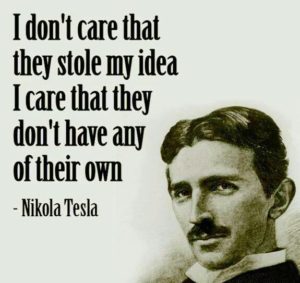 For these reasons, there is a lot to be said for good old-fashioned face-to-face interaction. Being the sort of artist who is willing to mentor in the real world sets you apart. Establishing this sort of reputation, for being the one who will gladly share the bounty you have created, seldom reverses one’s own success and frequently opens new doors you may never have considered.
For these reasons, there is a lot to be said for good old-fashioned face-to-face interaction. Being the sort of artist who is willing to mentor in the real world sets you apart. Establishing this sort of reputation, for being the one who will gladly share the bounty you have created, seldom reverses one’s own success and frequently opens new doors you may never have considered.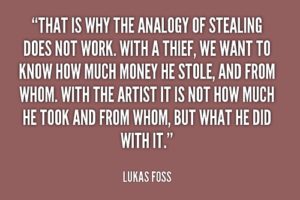 Arguably, there is no such thing as original art. Even some of the most contemporary artists’ work is derivative of past creations. Marina Abramovic, in her unique style, has absolutely drawn from (and occasionally been accused of copying) works by other artists. Pablo Picasso (and perhaps more famously, Steve Jobs who quoted him) said, “good artists copy, great artists steal.” This doesn’t mean that you should open yourself up to idea theft, but it does mean that perhaps being stingy with your concepts, your network, your position as an established artist, doesn’t count for as much security as you might think. Be smart about things, but in general, it is always a good idea to reach down the ladder and help those coming up behind you find the next rung. For the Silo, Brainard Carey.
Arguably, there is no such thing as original art. Even some of the most contemporary artists’ work is derivative of past creations. Marina Abramovic, in her unique style, has absolutely drawn from (and occasionally been accused of copying) works by other artists. Pablo Picasso (and perhaps more famously, Steve Jobs who quoted him) said, “good artists copy, great artists steal.” This doesn’t mean that you should open yourself up to idea theft, but it does mean that perhaps being stingy with your concepts, your network, your position as an established artist, doesn’t count for as much security as you might think. Be smart about things, but in general, it is always a good idea to reach down the ladder and help those coming up behind you find the next rung. For the Silo, Brainard Carey.